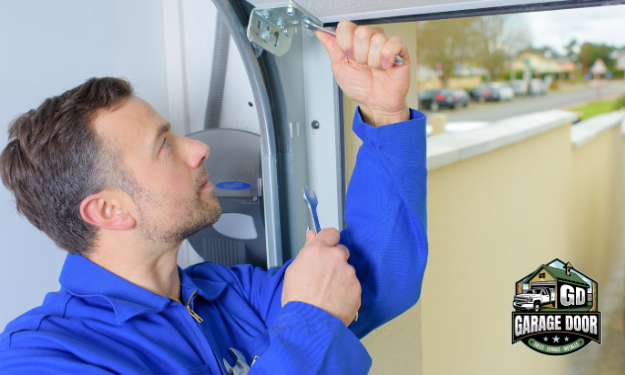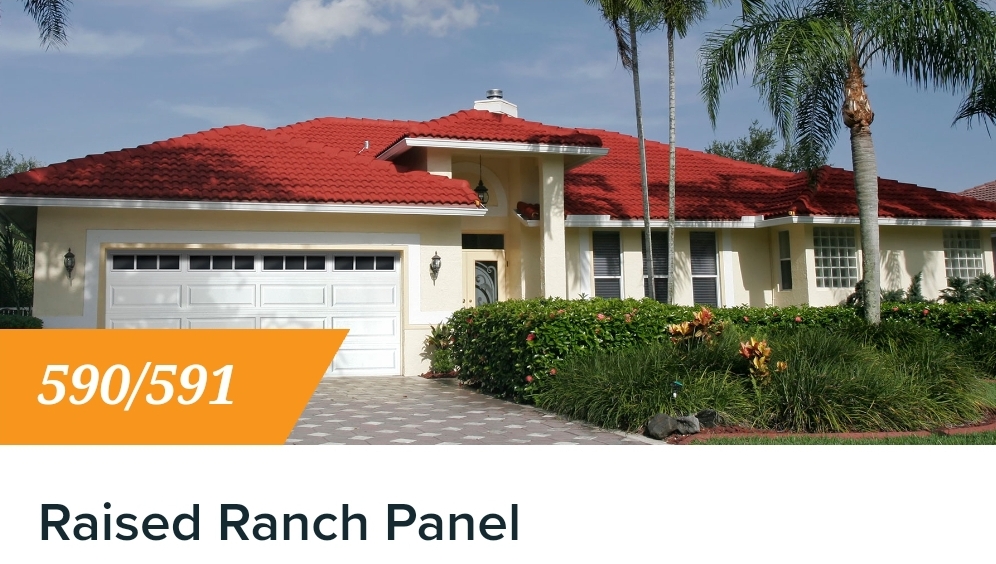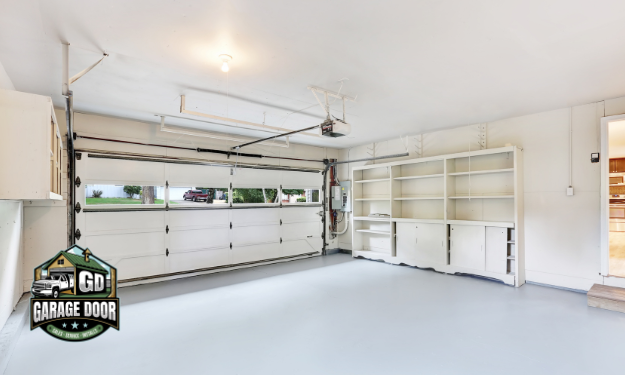Garage Door Installation Cost
Several garage door styles are available to suit the architectural style of your home and fit different garage shapes and sizes. The most common modern garage door, sectional doors, are four to eight horizontal panels hinged together to roll along a vertical track. Sectional doors provide a clean, contemporary look and the panels can contain windows or mimic carriage house doors. They are available with insulation for energy efficiency. Roll-up sheet doors, commonly seen in self-storage facilities, lift vertically and roll around a drum placed above the opening. These economical doors can be manually operated or automated based on your needs. Rather than lifting, slide to the side doors slide horizontally to store along one or both walls, saving interior ceiling space but requiring ample side room to function. Their sleek stylings complement modern architecture. Resembling classic swinging doors, side-hinged doors are hinged vertically and open outwards from the garage. They pair nicely with traditional home styles but the swinging doors can obstruct exterior or interior pathways when open. Tilt-up canopy doors operate similarly to one-piece hatchback car doors, staying nearly horizontal, then tilting upwards vertically to clear the opening. Tilt-up retractable doors lift directly outwards from the garage, extending onto driveways. Both specialty tilt door types take up minimal interior room but may not work with all driveways.



